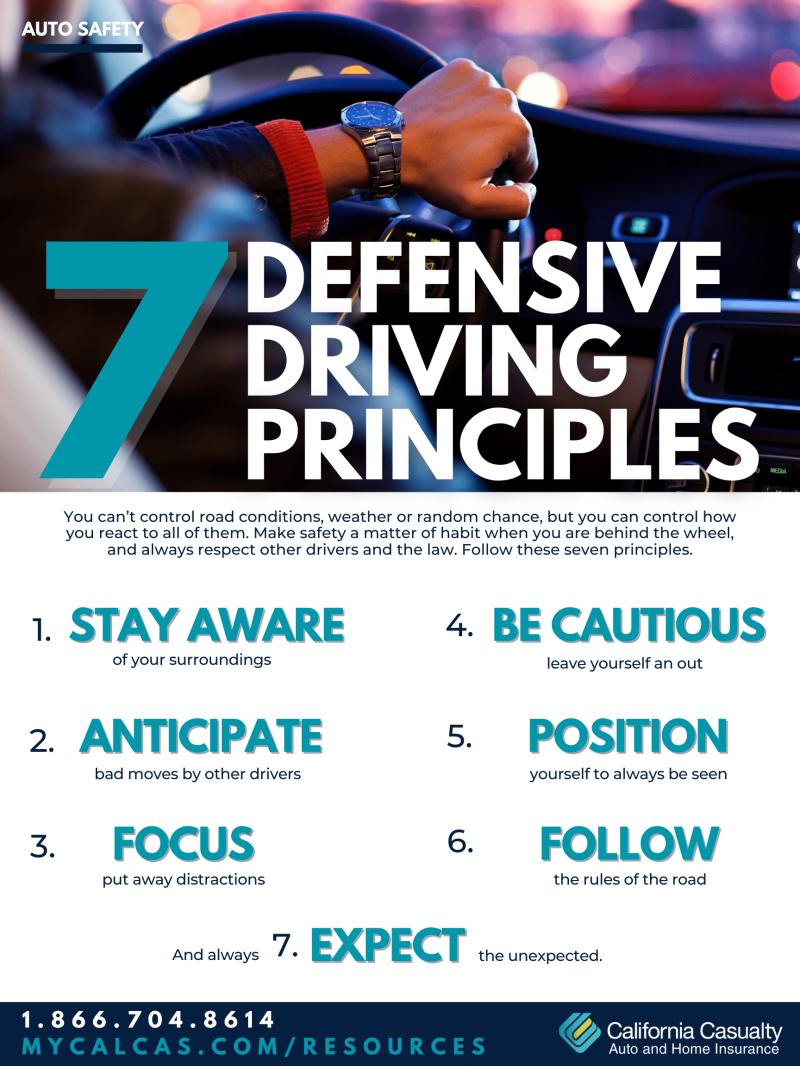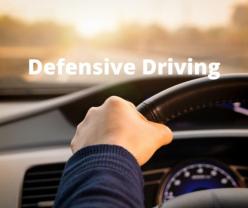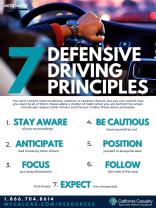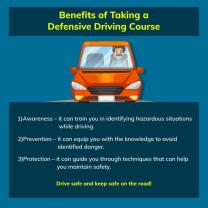Should drivers be trained in defensive driving?
Yes, drivers should be trained in defensive driving, and defensive driving training is considered highly important for several reasons. Defensive driving goes beyond the basic rules of the road and emphasizes proactive strategies to prevent accidents, anticipate potential hazards, and respond effectively to challenging driving situations. Here are key reasons why defensive driving training is crucial for drivers:
Reducing Accident Risk:
- Defensive driving training teaches drivers to anticipate and respond to potential hazards on the road. By being more aware of their surroundings, drivers can reduce the risk of accidents caused by factors such as aggressive driving, distracted driving, or unexpected road conditions.
Enhancing Safety Awareness:
- Defensive driving emphasizes the importance of maintaining a high level of safety awareness while driving. This includes staying focused, avoiding distractions, and being mindful of the actions of other drivers.
Preventing Collisions:
- Defensive driving techniques aim to prevent collisions by teaching drivers how to maintain a safe following distance, use mirrors effectively, and make safe lane changes. These skills contribute to a safer driving environment for everyone on the road.
Mitigating the Impact of Aggressive Driving:
- Defensive driving training addresses the dangers of aggressive driving behaviors, such as road rage and tailgating. Drivers learn strategies to stay calm, defuse tense situations, and avoid engaging in aggressive behavior themselves.
Managing Adverse Weather Conditions:
- Defensive driving courses often cover how to navigate adverse weather conditions, such as rain, snow, or fog. Drivers learn techniques for adjusting their driving behavior to match changing weather conditions and reduce the risk of accidents.
Understanding Right-of-Way Rules:
- Defensive driving includes a thorough understanding of right-of-way rules and how to yield appropriately in various traffic situations. This helps prevent confusion and potential collisions at intersections and other traffic scenarios.
Improving Decision-Making Skills:
- Defensive driving encourages drivers to make safe and responsible decisions on the road. This includes decisions related to speed, merging, passing, and responding to unexpected events.
Reducing the Severity of Injuries:
- In the event of an unavoidable accident, defensive driving techniques can help reduce the severity of injuries. For example, maintaining a safe following distance can provide additional reaction time to apply brakes and mitigate the impact of a collision.
Lowering Insurance Costs:
- Completing a defensive driving course may lead to insurance discounts in some cases. Many insurance providers offer premium reductions to drivers who voluntarily take defensive driving training, as it is seen as a commitment to safe driving.
Promoting a Positive Driving Culture:
- Defensive driving training contributes to the development of a positive driving culture by encouraging courteous and respectful behavior on the road. This helps create a safer and more pleasant driving environment for everyone.
Overall, defensive driving is a proactive and responsible approach to operating a vehicle. By investing in defensive driving training, drivers can enhance their safety, the safety of passengers, and the safety of others sharing the road. Defensive driving principles are applicable to drivers of all experience levels and can make a significant difference in preventing accidents and promoting a culture of safe driving.
What are the benefits of incorporating defensive driving training for drivers?
Incorporating defensive driving training for drivers offers a multitude of benefits that extend beyond just avoiding traffic tickets and lowering insurance premiums. Here are some key advantages:
Enhanced Safety:
- Reduced accident risk: Defensive driving equips drivers with skills and knowledge to anticipate hazards, react effectively, and avoid collisions. This translates to fewer accidents on the road, improving the safety of all road users.
- Improved awareness: Drivers learn to scan their surroundings, identify potential dangers, and anticipate the actions of other drivers. This heightened awareness helps them make better decisions on the road and navigate challenging situations safely.
- Decreased traffic violations: By understanding traffic laws and regulations, defensive driving reduces the likelihood of drivers making mistakes that lead to citations. This promotes safer driving habits and compliance with traffic rules.
Improved Driver Confidence:
- Increased skillset: Learning defensive driving techniques like proper following distance, safe lane changing, and hazard response enhances a driver's overall skillset and confidence behind the wheel.
- Reduced stress and anxiety: By knowing how to handle various situations on the road, drivers feel less stressed and anxious while driving. This leads to a more enjoyable and relaxing driving experience.
- Enhanced decision-making: Defensive driving trains drivers to analyze situations quickly and make informed decisions on the road. This fosters critical thinking and improves their ability to react calmly and efficiently under pressure.
Additional Benefits:
- Potential insurance discounts: Many insurance companies offer discounts to drivers who complete defensive driving courses. This can lead to significant cost savings over time.
- Reduced fleet expenses for companies: Companies with drivers can benefit from reduced accident rates and fleet maintenance costs by incorporating defensive driving programs for their employees.
- Positive contribution to society: By promoting safe driving practices, defensive driving training helps create a safer and more responsible driving environment for everyone on the road.
Overall, incorporating defensive driving training for drivers is an investment in safety, confidence, and responsible driving behavior. It benefits individual drivers, businesses, and society as a whole by promoting a safer and more enjoyable driving experience for everyone.
If you're considering defensive driving training, remember to choose a reputable course that is approved by your state's Department of Motor Vehicles (DMV) to maximize its effectiveness and potential benefits.











